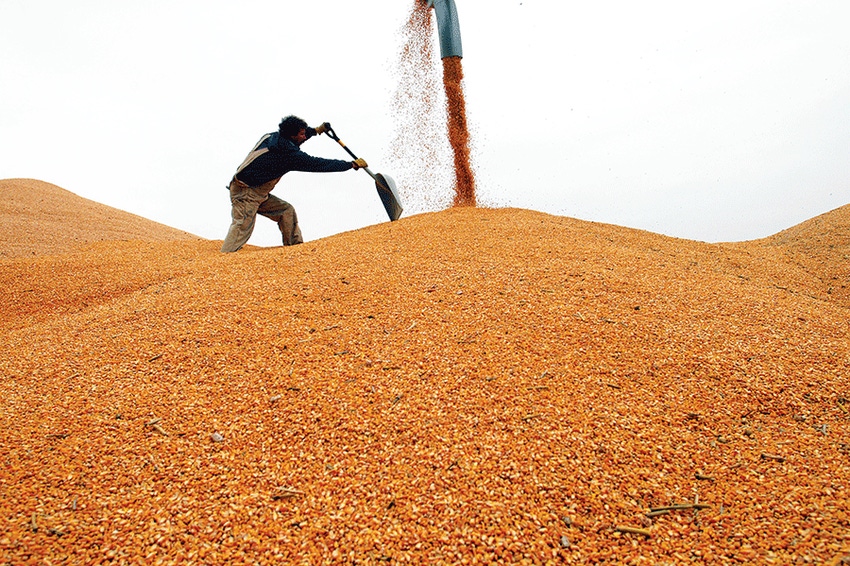
In our age of 24/7 news/fake news, opinions that span the spectrum from insightful to frothing at the mouth, social media posts and YouTube videos of everything from daredevil stunts to cat antics, we seem finally to have found the fitting environment for political rhetoric.
Pie-in-the-sky promises sound great on the campaign trail, when a candidate’s appealing more to the emotions of an audience rather than common sense or practicality. But when elections are past and reality sets in, those sound-good promises may in fact be unworkable or downright detrimental.
Our president has stirred crowds to fever pitch by promising to revamp the North American Free Trade Agreement, to kill the aborning TransPacific Partnership, and to make U.S. trade deals more restrictive. But as Steve Burak, Kathy Baylis, and Jonathan Coppess note in a recent University of Illinois Department of Agricultural and Consumer Economics discussion, “U.S. agriculture often bears the cost of trade disputes.”
It’s no secret that American farmers derive a significant chunk of their yearly income from trading with other nations. “The U.S. is the No. 1 exporter of agricultural products in the world,” they note. “More than $135 billion (20 percent) of the nation’s agricultural production is exported.”
With a stagnant farm economy, and prices for major commodities making it difficult to turn a profit, America’s farmers don’t need to be further hamstrung by loss of exports.
When trade disputes arise, it can be costly to our farmers. An example they cite: “In response to the U.S.’ 2009 suspension of the NAFTA trucking program, Mexico targeted $2.4 billion of U.S. goods. These goods included 90-plus products from 40 states that faced 10 percent to 45 percent tariffs.” Of the 99 goods targeted by Mexico, 51 were agriculture related. California ag products were particularly hard hit. Those tariffs were in contrast to a previously negotiated zero rate on ag products impacted.
In 2013, Canada targeted agricultural products in retaliation for the U.S.’ Country of Origin Labeling [COOL] rules. Included were all beef and pork products exported from the U.S., as well as apples, cherries, and cheese.
The bottom line, the UI economists say, is that “almost all trade disputes impact American agriculture, and usually farm products are on the front lines of retaliation. While agriculture makes up a small percentage of overall U.S. exports, the industry is substantially reliant on trade and is seen to have considerable domestic political influence. For this reason, when disputes arise, most countries are quick to retaliate against U.S. agriculture, targeting products from politically sensitive states and industries, often racking up billions of dollars in taxes that are a direct cost to consumers. A trade dispute that doesn't directly involve agriculture or agriculture-related products will more often than not drag agriculture into it — especially given the frequency with which nations come after U.S. agriculture in return.”
With a stagnant farm economy, and prices for major commodities making it difficult to turn a profit, America’s farmers don’t need to be further hamstrung by loss of exports.
About the Author(s)
You May Also Like




